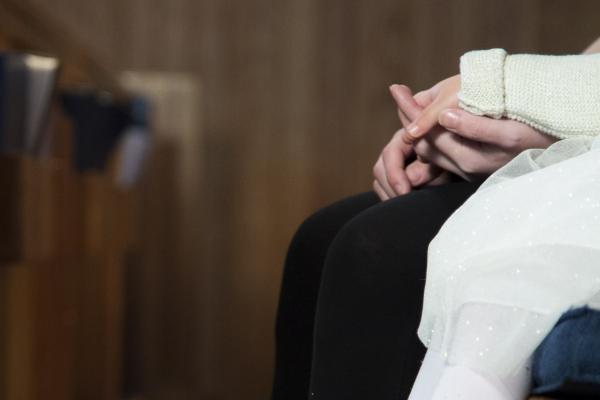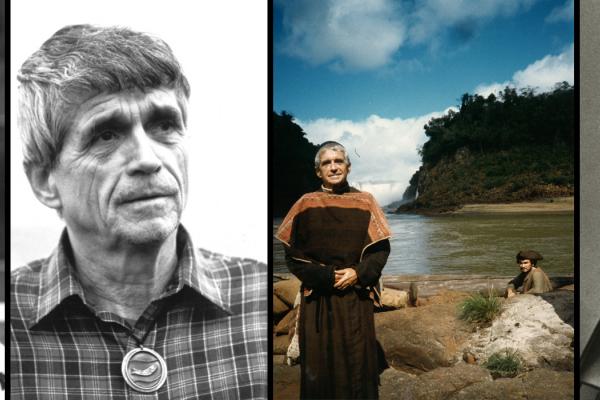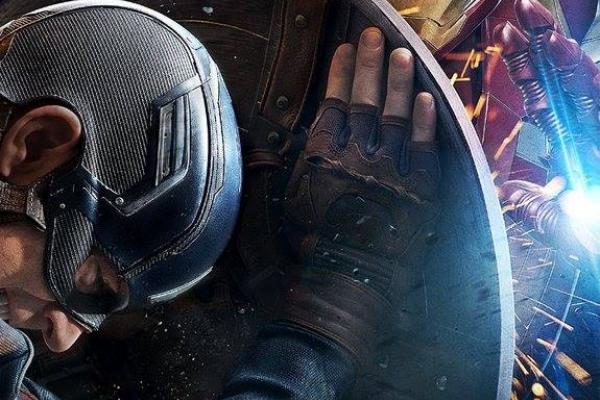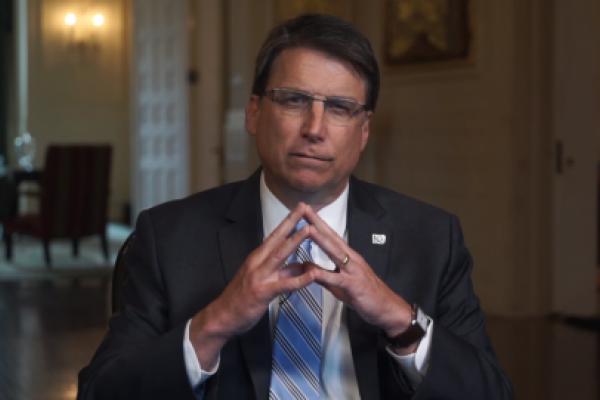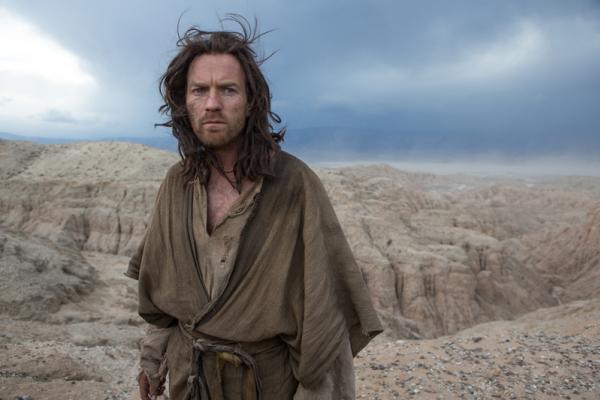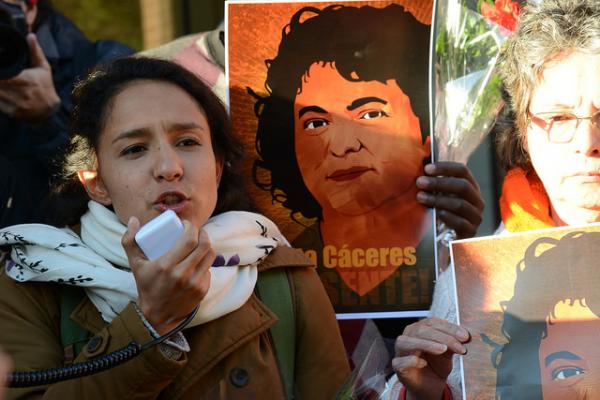For me, as a mother, the incarnation becomes tangible thus: “You will conceive and give birth to a son, and you are to call him Jesus” and [not listed in Gabriel’s announcement] he’ll be brutally killed in front of you. It becomes tangible when I again picture this mother at the foot of a cross where her son hangs. He is the savior of the world, carrying out God’s perfect plan through his death and resurrection, yes. … But he is her baby.
The name Berrigan helped keep the possibility of coming back to my Christian aith alive. Just like the black churches that took me in, here were some Christians who were saying and doing what I thought the gospel said that nobody in my white evangelical world was. I believe the witness of the Berrigans literally helped keep my hope for faith from dying altogether.
As any Marvel’s Avengers appreciator can tell you, a staple focus of each story is on team dynamics. What does it take for a group of people with different agendas and backgrounds to effectively work together for good? How does a team find common ground, and account for each others’ strengths and weaknesses?
As anyone who’s lived in Christian community (or worked in social justice) knows, these ideas come up as much in everyday life as they do when taking down a supervillain. But what Marvel hasn’t looked at is the other side of intentional community — what happens when a team can’t work.
Until now.
In 1963, this was the Catholicism I was baptized into: courageous, resistant, self-sacrificing, street-oriented, thoroughly immersed in the living public liturgy grounded in the experiences of those who suffer—especially those who suffer by the design of others. This is the 20th century Catholicism of Dorothy Day and Peter Maurin, Thomas Merton, Cesar Chavez and Dolores Huerta, the Berrigans, Elizabeth McAlister, Antona Ebo, and many others. This is the Catholicism that helped make a person like Pope Francis possible.
President Obama came to Flint, Mich. on May 4 to address the ongoing water crisis in the city, where he gave a rousing speech to an auditorium full of residents.
“Flint’s recovery is everybody’s responsibility,” Obama said in his speech. “And I’m going to make sure that responsibility is met.”
A new PAC has popped up in Colorado with a simple platform: “Bruh, can you not?”
The PAC, started by Denver-based Kyle Huelsman and Jack Teter, seeks to help get more qualified women, LGBT people, and people of color in office — by convincing straight white men not to run.
The site is tongue-in-cheek, promising “interventions for the misguided bros in your life who looked in the mirror this morning and thought ‘yeah, it’s gotta be me.’”
“We challenge brogressives and others to reject any notion that they are uniquely qualified or positioned to seek political office in districts that don’t need them. As well-represented white dudes, we feel it is our obligation to know when to shut up and Not,” says their statement at canyounot.org.
But the Can You Not PAC — started “by white men, for white men” — is fully serious.
The department is giving North Carolina until May 9 to confirm that the state "will not comply with or implement HB2."
An Indiana evangelical leader says he and other Christians are in an “untenable situation” after Senator Ted Cruz’s withdrawal from the 2016 presidential race.
Speaking on NPR’s Morning Edition program, Ron Johnson Jr., head of the Indiana Pastors Alliance, could not explain why 50 percent of Indiana’s evangelicals voted for Donald Trump, according to exit polls.
“Daunting” is one word Ewan McGregor used about stepping into the role of Jesus in the new film Last Days in the Desert.
“Freaked out” is another way he described his feelings about the task, McGregor said.
Cáceres' family and other activists fear the Honduran government may be too close to interests that persecuted Berta to properly investigate the murder.
